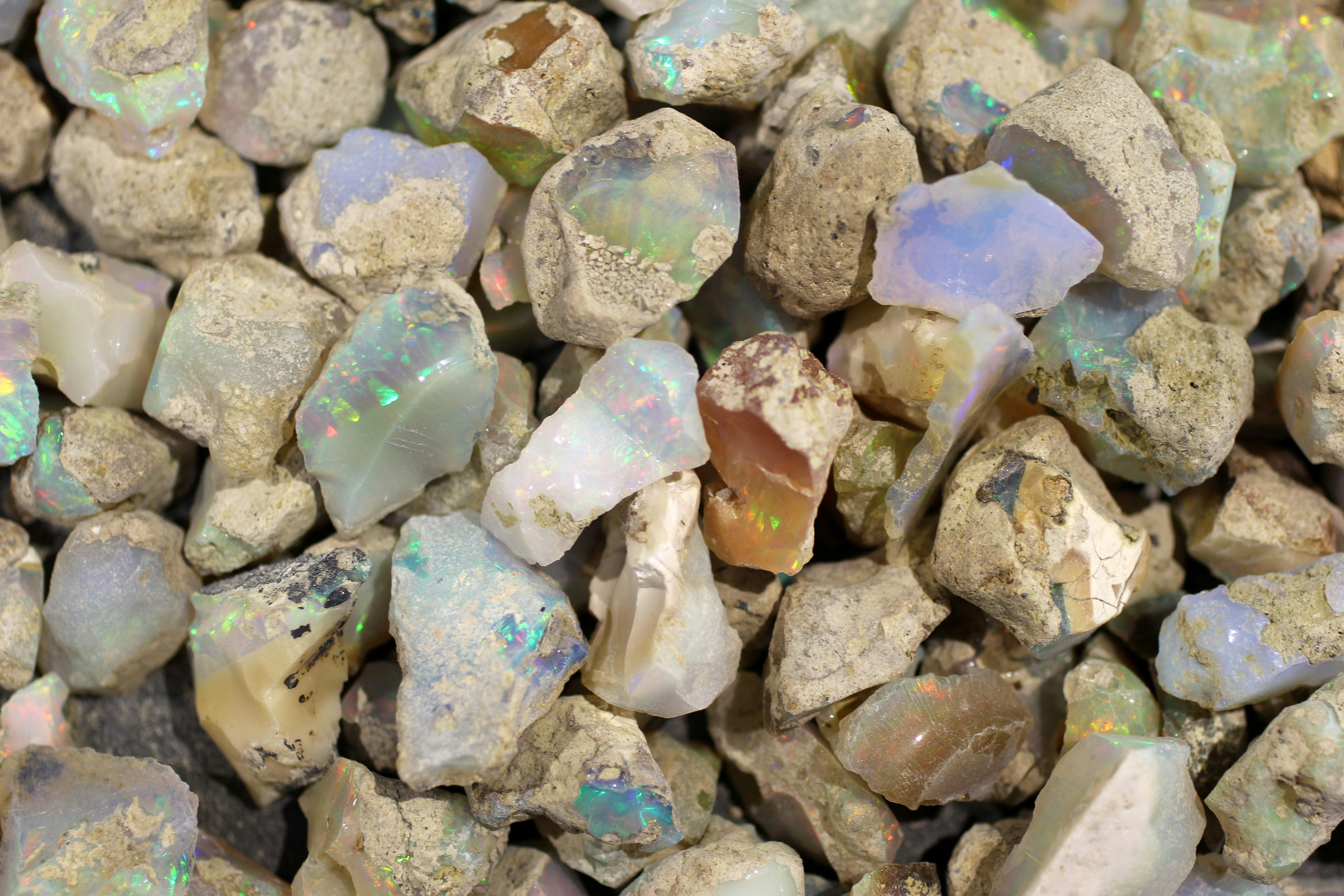Minerals Under Siege: Military Regimes Tighten Grip On Africa's Mining Industry

Africa’s Sahel region is home to some of the world’s most valuable mineral resources, including gold, uranium, and rare earth elements essential for modern technologies. However, this mineral-rich area, often referred to as the coup belt, has seen a surge in political instability as military regimes take control. These governments are increasingly targeting international mining companies, using aggressive tactics to assert dominance over critical mineral supplies. This article explores the rising tensions, global implications, and potential solutions for navigating this challenging landscape.
Importance of Mining in the Sahel
The Sahel’s mineral wealth is a cornerstone of its economy and a vital resource for global industries:
Gold: The region is a significant producer, with countries like Mali and Burkina Faso among the top exporters.
Uranium: Niger is a critical supplier, particularly for European nuclear energy.
Rare Earth Elements: These materials are indispensable for renewable energy technologies, such as wind turbines and electric vehicles.
Mining contributes significantly to local economies, providing jobs and government revenue. However, political instability threatens to undermine this economic lifeline.
The Rise of Military Regimes in the Coup Belt
Recent years have seen a wave of coups in the Sahel, with military leaders overthrowing civilian governments in countries like Mali, Burkina Faso, and Niger. These regimes often prioritize consolidating power over fostering stable economic policies, leading to heightened tensions with international mining companies. Key motivations include:
Resource Nationalism: Military leaders view minerals as a national asset that should be controlled locally.
Funding Military Operations: Revenues from mining are redirected to sustain military rule and security efforts.
This shift in governance has created an unpredictable environment for foreign investors.
Crackdown on Mining Companies
Military regimes in the Sahel have employed various tactics to assert control over mining operations:
Arrests and Detentions: Executives and workers from international mining companies have been detained under accusations of illegal operations or failing to comply with new regulations.
Asset Seizures: Mining facilities and equipment have been confiscated, often without due process.
Coercive Contract Renegotiations: Companies are pressured to accept less favorable terms or risk losing their licenses.
Examples of these incidents highlight the growing risks for companies operating in the region.
Global Implications
The crackdown on mining companies in the Sahel has far-reaching consequences:
Disruption in Supply Chains: Interruptions in the production and export of minerals affect global industries, particularly renewable energy and electronics.
Increased Costs: Scarcity of critical resources drives up prices, impacting manufacturers and consumers worldwide.
Geopolitical Shifts: Nations like China and Russia are seeking to expand their influence in the region, potentially sidelining Western interests.
These factors underscore the importance of stability in the Sahel for global economic security.
Economic and Social Fallout
The military regimes’ actions have dire consequences for local economies and communities:
Job Losses: Disruptions in mining operations lead to unemployment and reduced income for workers.
Increased Poverty: Communities reliant on mining face heightened economic hardships.
Social Unrest: The loss of livelihoods exacerbates instability, creating a cycle of poverty and conflict.
The negative impact on local populations highlights the urgent need for balanced solutions.
Possible Solutions and Responses
Addressing the challenges requires coordinated efforts from multiple stakeholders:
Mining Companies: Developing strategies to engage with military regimes, including transparent negotiations and enhanced security measures.
International Organizations: Supporting democratic governance and rule of law in the region to create a more stable environment for investment.
Global Governments: Imposing targeted sanctions or providing incentives to deter resource mismanagement and promote ethical practices.
These approaches can help ensure that the Sahel’s mineral wealth benefits both local populations and global markets.
Conclusion
The crackdown on mining companies in Africa’s coup belt presents significant challenges for the region and the world. While the military regimes seek to assert control over critical mineral resources, their tactics risk destabilizing economies and alienating foreign investors. Achieving a balance between national interests and global demands requires collaborative solutions that prioritize stability, fairness, and sustainability. As the Sahel navigates this complex landscape, the stakes remain high for all involved.
Author: Gerardine Lucero
Copper's Comeback: Inside BHP And Lundin's Argentine Asset Acquisition
Copper, often dubbed "the metal of electrification," is experiencing a resurgence in demand due to its critical role in ... Read more
Revitalizing Commodities: How Clean Energy Is Breathing New Life Into A Stagnant Market
The commodities market, traditionally a cornerstone of investment portfolios, has experienced a decade of stagnation. Ho... Read more
European Airports Disrupted By Escalating Climate Protests
Climate activists have escalated their protests at European airports, blocking runways and causing flight disruptions in... Read more
Hungary's Russian Oil Dilemma: Why Brussels Is Cautious In Offering Support
Hungary's reliance on Russian oil has led it to seek support from Brussels to ensure continued access to this crucial en... Read more
Unveiling China's Secret Commodity Stockpiles: What Lies Ahead?
Xi Jinping's extensive reserves of grain, natural gas, and oil hint at future challenges.In a move shrouded in secrecy, ... Read more
Copper Miners Brace For Industry Overhaul As End Users Seek Direct Deals
The copper mining industry is bracing for a significant overhaul as end users, including cable manufacturers and car com... Read more

